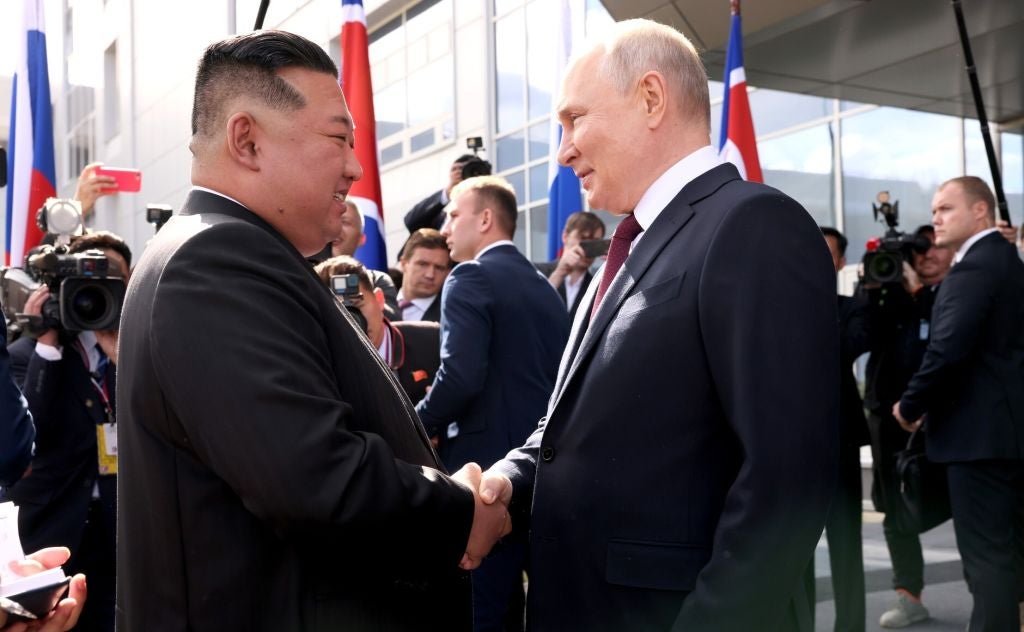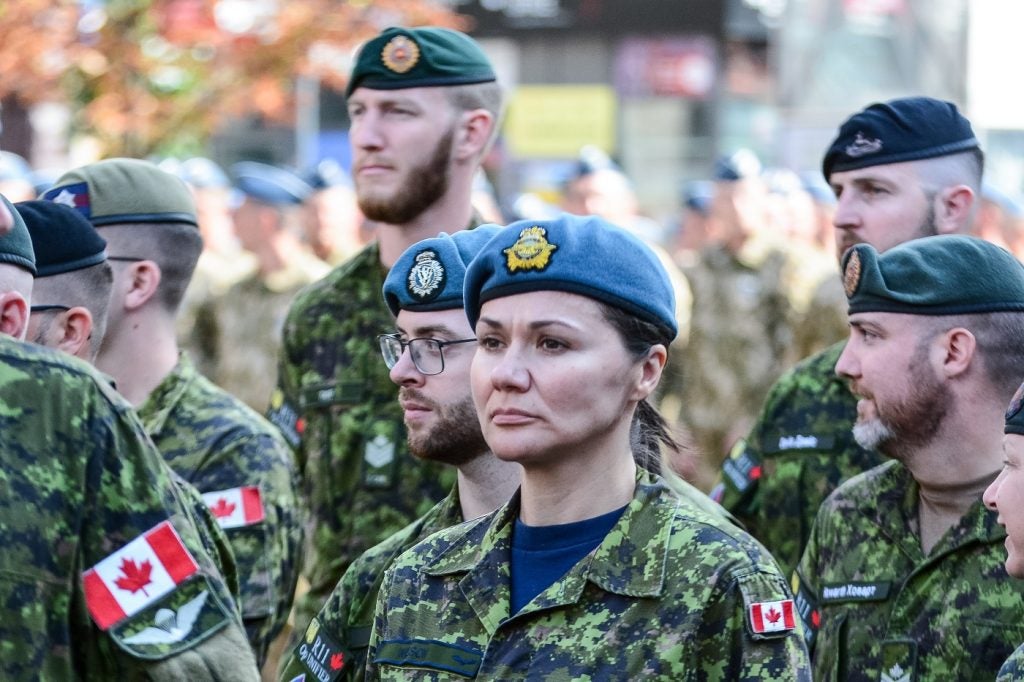North Korean munitions are in Russian ammunition depots, the UK Ministry of Defence (MoD) stated in an intelligence briefing on 26 October, with "almost certain" confidence. This follows a joint statement from the US, Japan and South Korea (ROK) on 25 October, condemning the transfer of military equipment and munitions for use against Ukraine.
North Korean leader Kim Jong Un arrived in Russia to meet President Vladimir Putin on 12 September, unexpectedly extending his visit by a number of days, in an effort analysts believe was to negotiate a transfer of arms and technology between the two countries. The Joint US-Japan-ROK statement from yesterday confirms that North Korea and Russia entered into an agreement to achieve this.
Russia’s invasion of Ukraine was intended to to be completed quickly, but has spiralled into a long-fought campaign with no clear and attainable endpoint. While the international supply of arms to Ukraine has been generous, Russia has been left with few allies, and has been cut off from a vast network of supply chains that ease the production of military equipment.
Russia’s launch of a near constant artillery bombardment, and the difficulties it faces with its industrial-military base have led it to employ aging equipment, and to seek the provision of loitering munitions and drones from Iran, and dual-use military technology from China.
While North Korea’s military forces lack modern technological flourishes, with the overall effectiveness and serviceability of some equipment "in doubt", according to the IISS 2023 Military Balance report, the nation has a huge stockpile of artillery shells that it has assembled across 70 years of hostilities in the region. In return for its support for Russia, North Korea hopes to receive advanced technical support for its military programmes.
The joint statement issued yesterday does not confirm whether this includes transfer of nuclear or ballistic-missile technology, but it expresses deep concern that this may take place. North Korea has a long-standing ambition to advance its nuclear capability and has engaged in increased missile testing activity in recent years.











